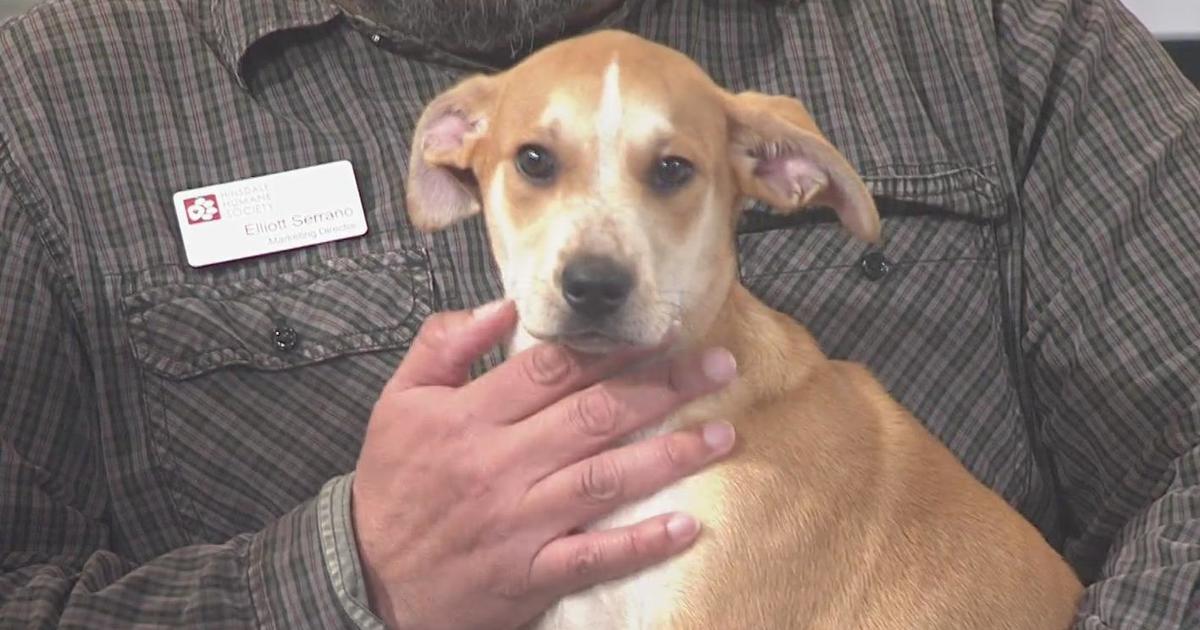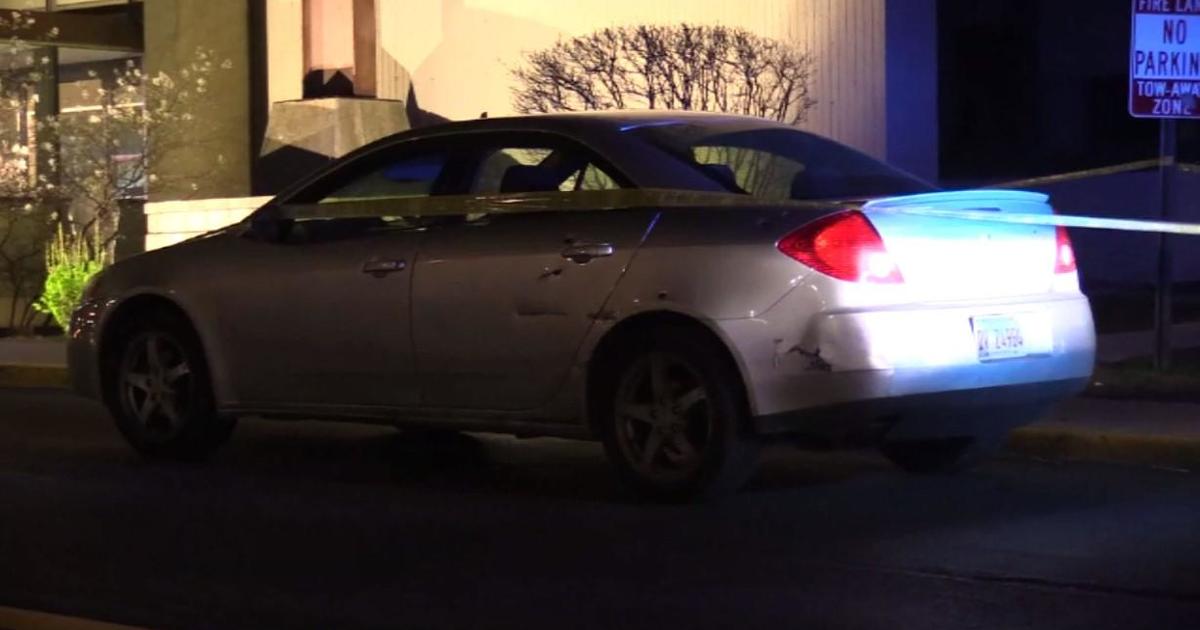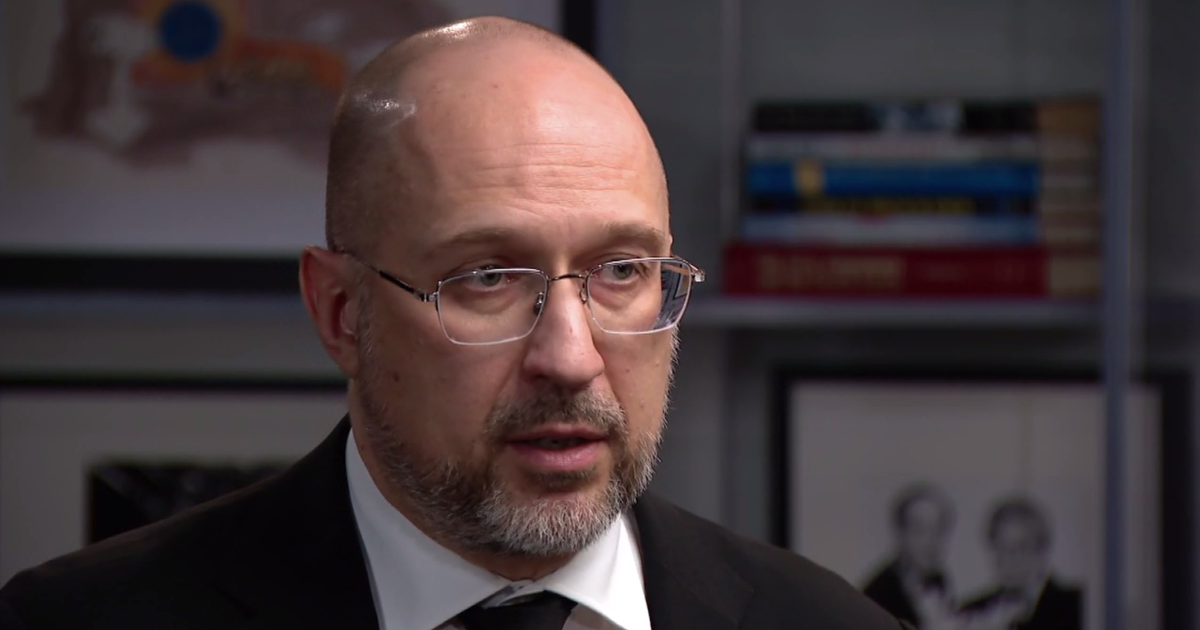CBS 2 Vault: The Tylenol Poisonings, 30 Years Later
CHICAGO (CBS) -- On this day 30 years ago, a 12-year-old Elk Grove Village girl collapsed and died after taking two Tylenol capsules before going to school that morning, and six more people would die in the days to come.
The case remains unsolved, and remains one of the most infamous in Chicago history. Here is a look back at some of CBS 2's coverage of the Tylenol murders.
On Sept. 29, 1982, Mary Kellerman, 12, collapsed and died after taking Extra-Strength Tylenol for a head cold. A short time afterward, postal worker Adam Janus, of Arlington Heights, died in the hospital after taking the same drug.
Adam Janus' brother, Stanley, and sister-in-law, Theresa, who had gathered in Arlington Heights to mourn their loved one, took Tylenol from the same bottle and both died.
In the days afterward, new mother Mary Reiner, 27, of Winfield; Lombard phone center employee Mary McFarland, 31; and flight attendant Paula Jean Prince, 35, of the Old Town neighborhood also died.
A reporter for the City News Bureau discovered that all the victims had taken Tylenol, and a panic ensued when that link was made public.
As the late Phil Walters reported for CBS 2, it turned out that all the Tylenol had come from one batch – Extra-Strength Tylenol capsules, 50-capsule size, Lot No. MC2880, expiration date April 1987. Officials advised everyone to destroy any Tylenol bottles they had marked that way, and manufacturer Johnson & Johnson ordered store owners to clear their shelves.
In a midnight news conference on Oct. 1, Mayor Jane Byrne banned Tylenol in the city, and implored Chicagoans to turn in all their Tylenol products. Meanwhile, calls came into the task force investigating the deaths as the death count mounted, to the point where phone lines were almost constantly jammed.
Poison control centers were also deluged with calls from people who were afraid they had taken tainted Tylenol, CBS 2 Health and Science Editor Roger Field reported.
"We were just swamped with calls," Jack Lipscomb, the director of the Rush-Presbyterian St. Luke's Poison Control Center, said in the Oct. 1, 1982, report. "The majority the time, all three of our lines were busy at once, for almost the entire day. We did have some problems with people with other poisonings trying to get through and were not able to."
But the source of the tainted drug couldn't be pinpointed to one store or one source. It was traced stores near the residences of all the victims—Jewel stores in Elk Grove Village and Arlington Heights, a store in Winfield, and the Walgreens store at North Avenue and Wells Street in Chicago. Poisoned Tylenol was also found still on the shelf at Woodfield Mall in Schaumburg.
On Oct. 5, 1982, Johnson & Johnson ordered a nationwide recall of all Tylenol products, and there were questions whether poisoning cases in other parts of the country were related. Johnson & Johnson also advised consumers not to take any products containing acetaminophen at all.
The following day, Mayor Byrne introduced an ordinance to the City Council to require all over-the-counter drugs sold in Chicago to be sealed. At the time, most were not.
And while no more deaths were attributed to tainted Tylenol after Oct. 2, worries about the drug even ruined Halloween for many people – particularly as unrelated cases of food tampering were reported in Illinois and around the country. West suburban Bensenville went so far as to ban outdoor trick-or-treating.
It was not until late November that the city allowed Tylenol products back on Chicago shelves, and despite three layers of tamper-resistant packaging, several customers told CBS 2 reporter I.J. Hudson they would not buy Tylenol capsules even then.
Ultimately, the case permanently changed industry practices for the marketing and packaging of over-the-counter drugs. But 30 years later, the case remains unsolved.
One man, James Lewis, was arrested after sending a letter to Johnson & Johnson demanding $1 million for him to "stop the killing." But while Lewis was convicted of extortion and sent to prison, he was never charged with the Tylenol murders.
Lewis was back in the news just three years ago, when the FBI confiscated boxes and a computer from his home in Cambridge, Mass. But no charges against him were brought forth.
Last year, authorities confirmed they were seeking DNA samples from Ted Kaczynski, the Unabomber, in connection with the poisonings. But Kaczynski said he has never even possessed any potassium cyanide, the poison used in the Tylenol case.
LISTEN: WBBM Newsradio's Lisa Fielding reports
undefined
"There are usable DNA samples that were obtained to the original investigation," Rice said. "We now have a means to analyze those DNA samples and compare them with known offenders in the Illinois database."
A special task force was formed four years ago to reinvestigate the Tylenol murders.



